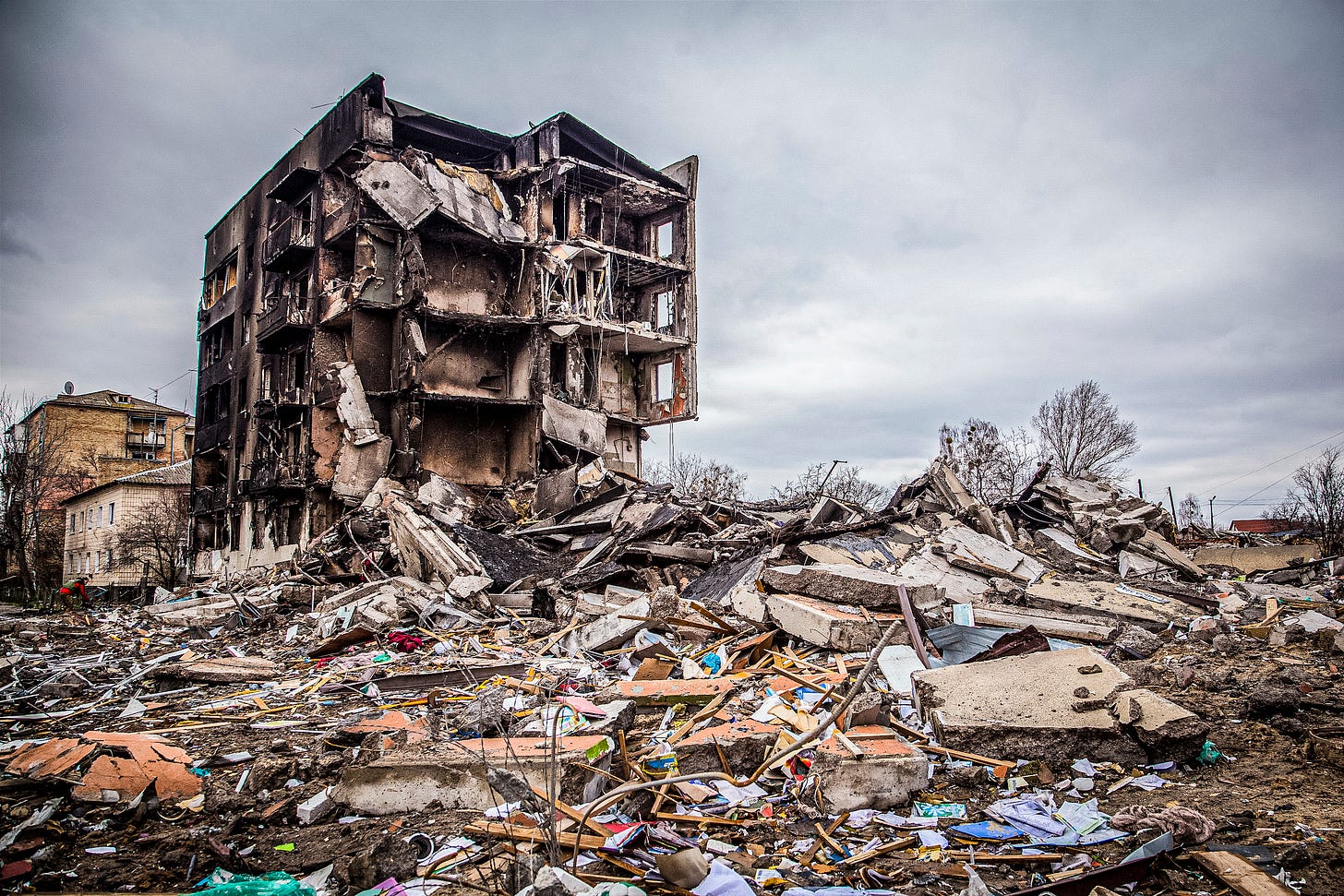By Mirjana Najchevska
The Russian government is awarding prizes to Macedonian writers.
Given the war in Ukraine, it ought to be transparent. However, there’s been no public debate.
No one is asking why Moscow is handing them out at this time or what its largesse might mean.
What’s at risk is the NATO member’s position on the war and Russia’s anti-democratic politics. North Macedonia’s government opposes Moscow’s invasion.
The accolade granted to Venko Andonovski in October 2022 is a case in point.
According to aggregator Time.mk, a dozen Macedonian portals reported that Andonovski received the Golden Knight award from Russia’s International Literary Forum, including the online weekly Republika, owned by media tycoon Peter Schatz, an ally of Viktor Orbán.
In keeping with the inflated hype, Republika reports that the award is a huge deal. “The forum awards prizes for several artistic areas,” it explained, “and this year, 428 works arrived from 12 countries.”
At first glance, this is impressive: a local writer wins a prestigious literary prize from a vast foreign country. The competition was fierce, and Andonovski’s win promoted North Macedonia internationally.
As good as this sounds, Macedonian press reports reveal as much about what’s wrong with this picture as it does what’s right.
For one thing, there’s no contextualisation or reference to the most significant news about Russia: the war in Ukraine. This is a rare piece of good news about the country instead of bad. It’s being appreciative instead of aggressive.
Nevertheless, the news is propagandistic and confusing and helps problematise the European orientation of North Macedonia and its participation in NATO. How could Russia be so undemocratic if it is giving awards to Macedonian writers?
The reporting is similarly problematic. It fails to acknowledge the ongoing war in Ukraine and Russia’s responsibility for the crisis.
It similarly ignores recent attempts by Moscow to intimidate North Macedonia.
For example, last year, Russia put the ex-Yugoslav territory on a list of hostile countries and blacklisted Macedonian citizens for “Russophobia”.
Not to mention that Oleg Shcherbak, Russia’s ambassador to North Macedonia, threatened to attack the country in 2018 if it went ahead and joined NATO.
Similarly absent from Macedonian media reports was any kind of attempt to shed light on the organisation awarding the literary prize, whose mission statement explicitly states that it promotes Russian government policy:
The Slavic Art Forum “Golden Knight” is practically the embodiment of national cultural policy affirming traditional, spiritual and moral values. The purpose of the project is to consolidate positive creative forces of the art and cultural masters of countries from the Slavic World as well as all regions of the Russian Federation.
This organisation states that it supports the government of Vladimir Putin, which means that it backs the restriction of civil rights and freedoms and all forms of propaganda that legitimate his regime’s politics.
Moreover, on the forum’s website, one can read an “Open letter from film workers, participants on ХХХI ICF Golden Knight — against Nazism” to Putin, which was sent at the end of May.
The letter supports Putin to:
Continue the planetary mission of denazification and demilitarisation, including the fight against Russophobia in the World and proceed with the amendments of the Decree “On the Basics of National Cultural Policy.
The missive further states:
Nothing will change unless Russia adopts a NATIONAL IDEOLOGY, escaping from the lenient policy that prevails since the beginning of Perestroika and if the functionaries continue to award grants for anti-historic, anti-Christian films and plays such as Matilda, Tannhäuser plays promoting same-gender love, Russophobia and anti-Presidential attacks to the participants.
It even promotes an open call for censorship:
Liberals and representatives of the “fifth column” are terrified of the words “ideology” and “censorship” although these words mean the following: “ideology” — science of the ideal, and “censorship” — strict assessment, strict criticism.
To accept a prize awarded by an institution that supports Russia’s war against Ukraine means personally supporting it.
To accept a prize awarded from such an institution means supporting the values represented by the organisation: restricting freedom of creation, thought, and expression, state censorship, and denying civil rights and equality.
The fact that the award goes to a well-known writer, а full professor at the oldest university in North Macedonia, and a columnist in the reputable Nova Makedonija newspaper not only means direct influence over the Macedonian public but is contrary to the democratic values of the country.
Enhancing the sales pitch is the cultural capital of the grantor’s founder, Nikolay Burlyayev:
The founder and president of the International Literary Forum “Golden Knight” is Nikolay Burlyayev, known worldwide as a film artist who, inter alia, played the main roles in the films “Ivan’s Childhood” and “Andrei Rublev” of the great actor Andrei Tarkovsky.
When it comes to Russian cinema, it doesn’t get any better than that.
Yet no Macedonian media bothered to reference that Burlyayev is a member of the Russian Duma, is on the EU sanctions list, and signed a letter supporting Putin’s military intervention in Ukraine in March 2014.
Venko Andonovski isn’t the only Macedonian writer who accepted Russian prizes, which got slanted press coverage. Others did as well. But his example helps illustrate how Russia is rebranding itself in the court of Macedonian public opinion.
Based on publicly available information, such as that gleaned from the forum website, it’s not hard to figure out what’s going on with these awards. The question is why they don’t get refused under the circumstances.
Is receiving such an award worth it if they’re so politically compromised?
The biggest loser remains the Macedonian public, which finds it increasingly difficult to condemn Putin’s war in Ukraine and support writers who oppose it.
This article was published by Global Voices and was originally published by Truthmeter.mk as part of the Western Balkans Anti-Disinformation Hub. It is reprinted with permission.
Photograph courtesy of UNDP. Published under a Creative Commons license.




